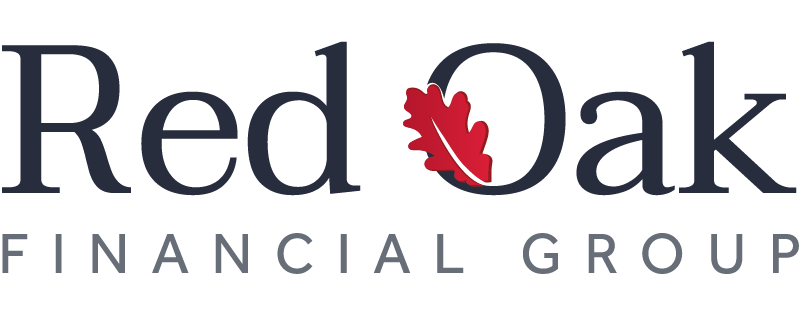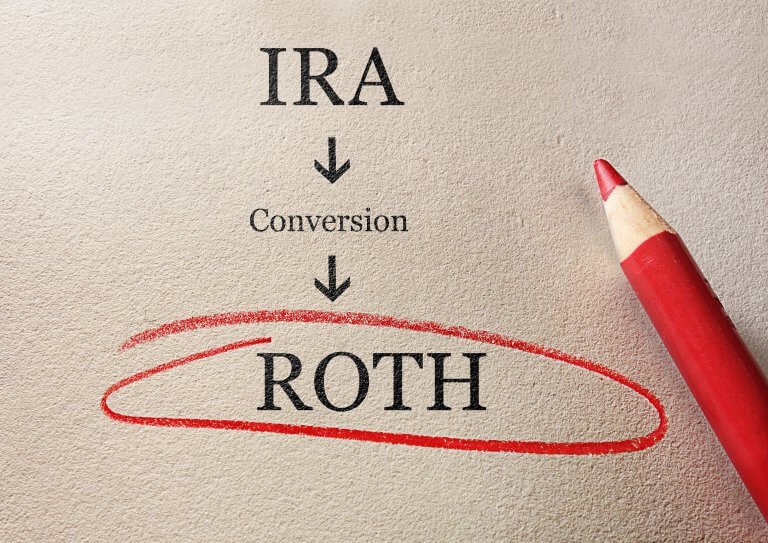What is a Roth Conversion and What are the Benefits?
What is a Roth Conversion and What are the Benefits?
A Roth conversion is a financial strategy where you transfer funds from a traditional retirement account, such as a traditional IRA or a 401(k), into a Roth IRA. This conversion requires you to pay taxes on the amount converted in the year of the conversion, but once the funds are in the Roth IRA, they grow tax-free and qualified withdrawals in retirement are also tax-free.
Here's a breakdown of the process:
Transfer Funds:
You move money from a traditional IRA or 401(k) into a Roth IRA. This transfer can be a partial or full conversion.
Tax Implications:
Since traditional IRA and 401(k) contributions are typically made with pre-tax dollars, converting them to a Roth IRA triggers a tax liability. You must pay income taxes on the amount converted in the year of the conversion. The amount converted is added to your taxable income for that year.
Benefits of a Roth IRA:
Once the funds are in the Roth IRA, they grow tax-free. Unlike traditional retirement accounts, qualified withdrawals from a Roth IRA in retirement are not taxed. This can be advantageous, especially if you expect to be in a higher tax bracket in retirement or if you want to diversify your tax exposure.
No Required Minimum Distributions (RMDs):
Roth IRAs do not have required minimum distributions (RMDs) during the original account holder's lifetime, unlike traditional IRAs and 401(k)s. This can offer more flexibility in retirement planning and potentially leave more assets to heirs.
Considerations:
It's essential to consider your current and future tax situation, as well as your financial goals, before deciding to do a Roth conversion. Factors such as your age, income level, and anticipated retirement age can influence the decision.
Overall, a Roth conversion can be a valuable strategy for some individuals to potentially reduce future tax liabilities and enhance retirement savings, but it's essential to weigh the short-term tax consequences against the long-term benefits. Consulting with a financial advisor or tax professional can help you determine if a Roth conversion is suitable for your financial situation. #rothconversion #rothIRA
-Your Friends at Red Oak Financial Group

